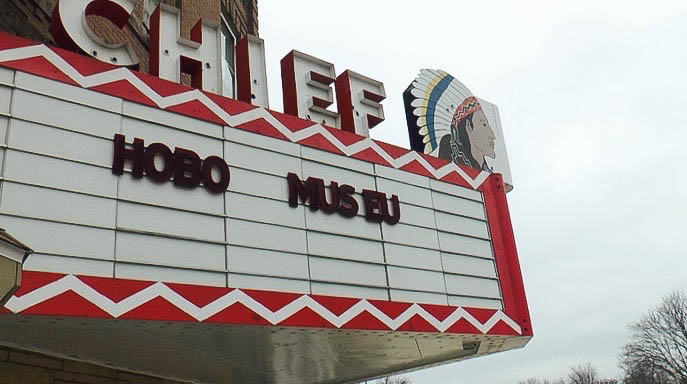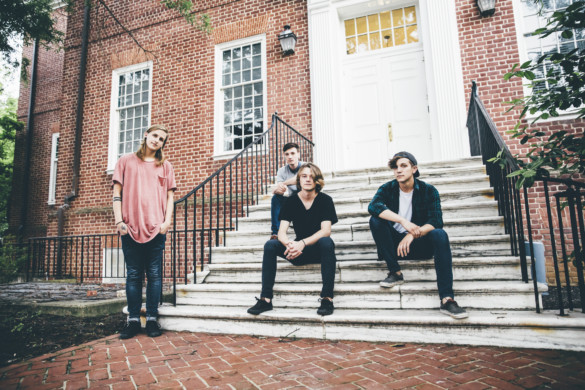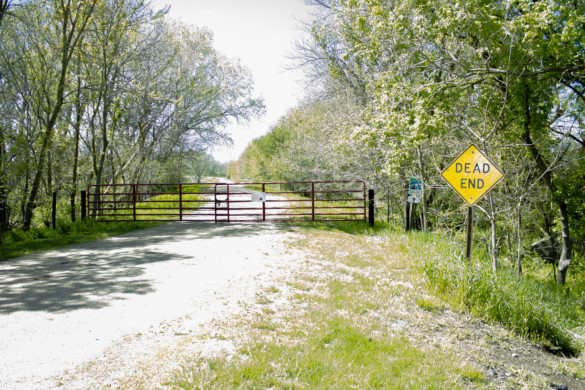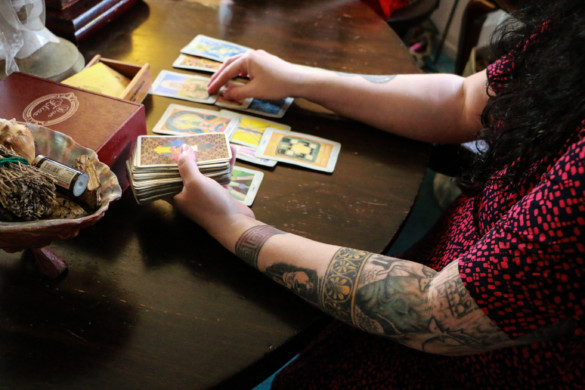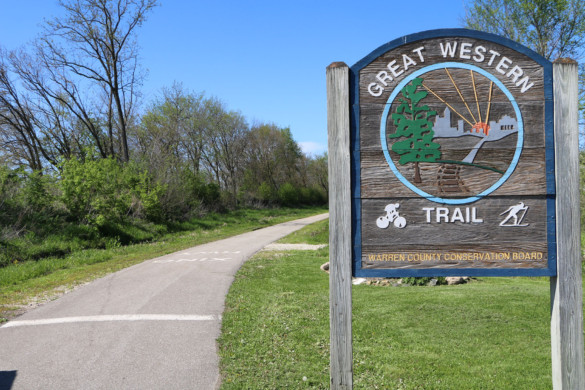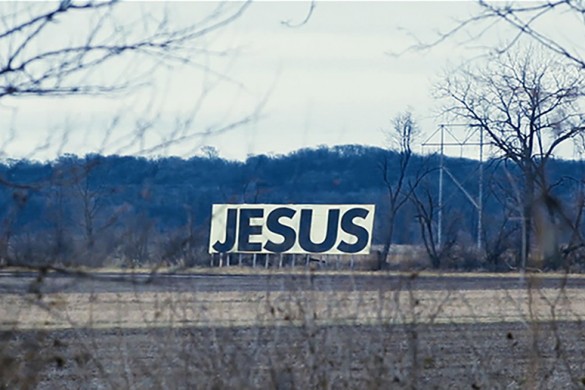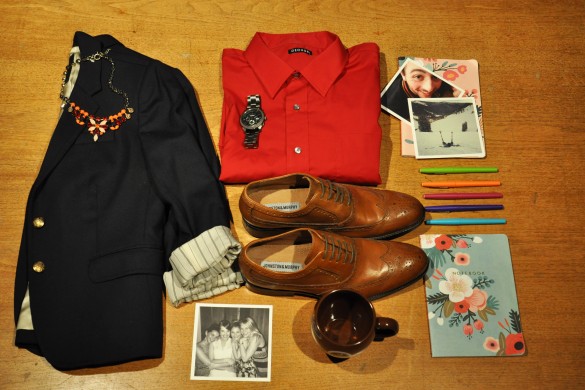The Hobo Museum celebrates a unique culture our society has been confused about for decades
Words by Claudia Williams
Video by Jacob Enevold Jensen
It was an average night in Britt, Iowa, and Rod Sykora was sitting with a few hobos around a fire in a “jungle” — a term for a hobo camp. Sykora had always been fascinated with the hobo lifestyle, but it wasn’t until this specific evening that he truly understood what hoboing was all about.
“It was just the hobos and myself,” Sykora said. “The Pennsylvania Kid opened up his bib overalls and had a whole stack of letters in there. He then started handing them out to Slow-Motion Shortie, Lord Open Road, Frisco Jack and everyone else. He was a traveling mailbox, and if someone wanted to keep in touch or find a job, he would pass out letters.”
Sykora is the interim manager at the country’s only hobo museum in Britt, and has stories and memories so remarkable, they’ll bring a smile to anyone’s face. No trip to the museum would be complete without a tour from Sykora.
The museum first opened its doors in 1980 in an old theatre on Main Avenue, right in the center of town. The Hobo Foundation was able to purchase the building after a hobo passed away and willed them the money. It started with a single box of artifacts and has grown to fill the theatre from top to bottom. Inside, you will find a whole array of items from handmade art and clothing, to photographs and ancient artifacts.
Collecting artifacts for the museum has not been easy, and the foundation is still searching the United States to find authentic memorabilia from the hobo culture. “I’m afraid there aren’t very many because they didn’t leave much,” Sykora said. “It was their nature just to travel and travel light and fast and not collect and not accumulate.”
Britt has always been a landing pad for hobos because it is at the crossroads of two major railroad tracks. To celebrate the hobo culture, the town hosts the Hobo Days festival.
Sykora said hobos from all walks of life attend the celebration, along with people who are also fascinated by their culture. “We all just jungle up for free down here by the railroad tracks and reminisce and sing around the fire and remember the hobos that have gone before us — the ones that we didn’t know,” Sykora said. Activities at the festival include the crowning of the hobo king and queen, the lighting of the fire, memorial services, a parade, traditional hobo mulligan stew, music and more.
Bill Eckels, a resident of Britt, has been going to the festival since he was young. His hobo moniker is “Boxcar Billy,” and he is now 71 years old. “It really tells their history, how they lived, what they stood for,” Eckels said. “It helps people get a real understanding of them and dispels the myths and bad image that some associate with them. The festival isn’t just a time for curious tourists to get to know the culture, but it is also a time for members of the community to come together.”
“Over the years it has become like a family reunion,” Sykora said. “You’ll get some real riders in here and you’ll get the older generation who rode the rails.”
Hobos are affiliated with the railroads and freight trains because it is their sole mode of transportation. Jim Rohret, Iowa resident, rode the rails all across the United States in 1960s. He first decided to hop freights when a friend went into a coma in San Diego, and he had no way of getting there.
“The very day I made it out there to the naval hospital he came out of his coma,” Rohret said.
Being a young man on the rails wasn’t always safe, and Rohret heavily relied on the trips and tricks hobos gave him. He once stumbled upon a jungle camp in Las Vegas and was given life-saving advice on where to find water on the rails. “I was too young to really be scared but it was still risky,” Rohret said.
Over the years, there have been a lot of misconceptions about who hobos are and what they stand for. “Hobos in the past were very willing to work for food and a place to stay,” Eckels said. “They are not what you would consider bums or vagrants.”
It takes a lot of experience and strength to survive as a hobo, and the town of Britt is here to appreciate the people who dedicate their lives to this nomadic lifestyle.

